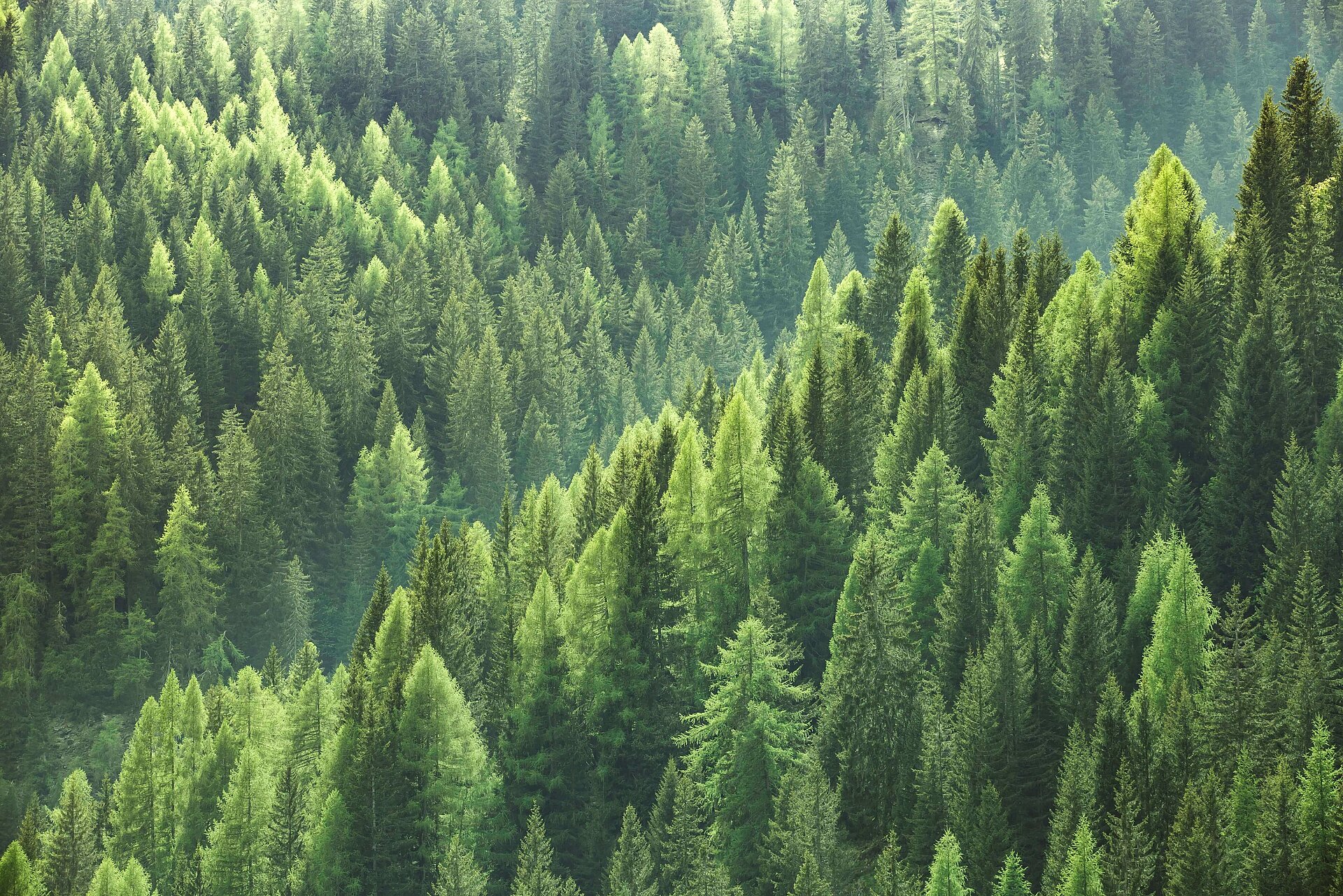
Karl Knauer Biberach
more CO2 than it produced
tree planting campaign, etc.
‘Grows’ and is recyclable: cardboard is made from the renewable raw material wood and is therefore particularly environmentally friendly. In addition, no other product is recycled as intensively as packaging made of cardboard, paperboard or paper. Even though sustainability is already in the cartonboard - we get even more out of it: By designing folding cartons in such a way that they are efficient and safe throughout their entire life cycle. Our raw materials come primarily from the EU, preferably from sustainable forestry. Look out for FSC®-certified products!
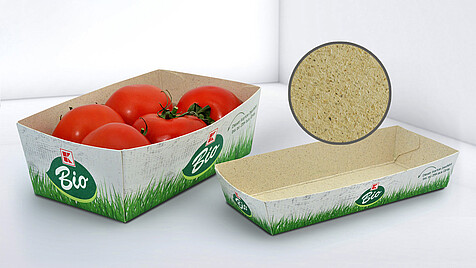
Reduce sensibly, avoid intelligently: This applies to us in all areas. Waste avoidance begins as early as the packaging development stage: new packaging is designed to minimise the amount of material used and placed on the printed sheet. The reduction of waste and rejects is also a requirement for the acquisition of new production machines. The administrative area is also involved: Here, work is carried out with as little paper as possible - supported by a document management system.
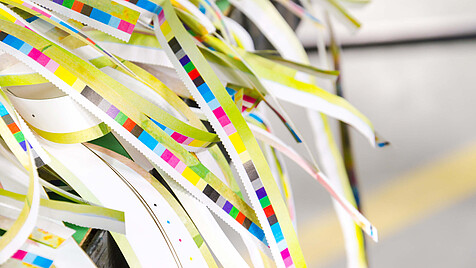
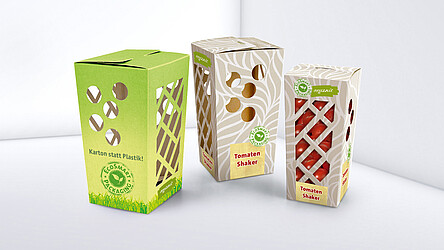
Sustainable added value for our customers
As a development partner, we advise you on eco-friendly materials and sustainable packaging concepts. The focus is on innovative, ecological cardboard materials and minimal material use – without compromising the functionality and quality of the final product.
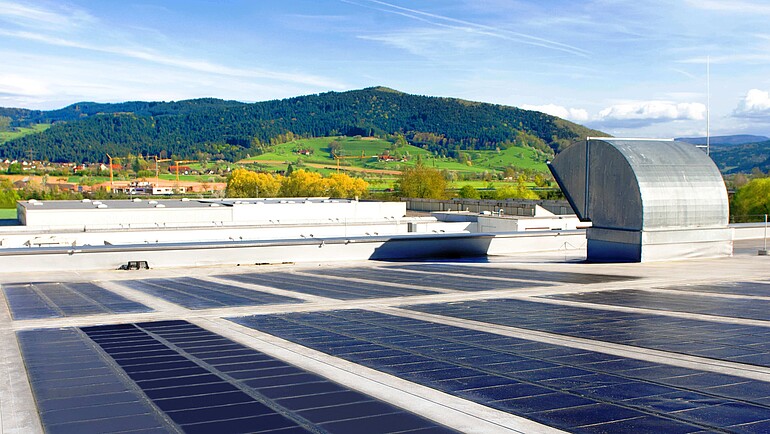
Saving energy systematically and responsibly
Saving energy with a system: Through targeted measures, we are continuously becoming more efficient. Energy efficiency is a fundamental requirement when acquiring new systems and building technologies. In production, building management, and mobility, we have been able to permanently reduce energy consumption – including through LED technology, solar thermal energy, and modern printing presses.
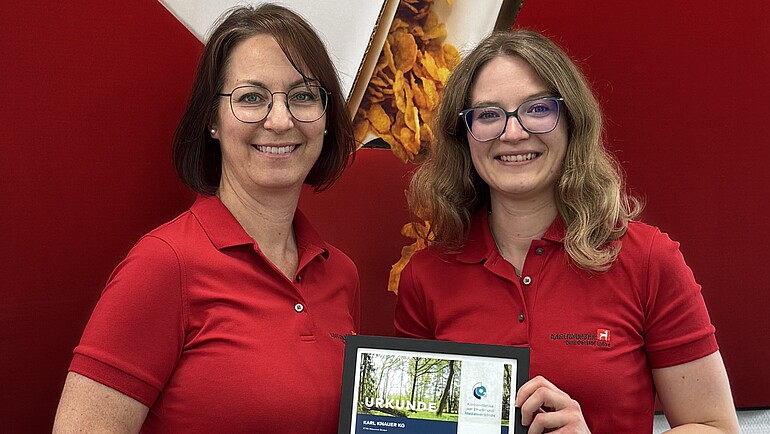
Karl Knauer supports tree-planting project
By planting nearly 600 trees in the Harz, Karl Knauer makes a climate donation that offsets the CO₂ emissions of the year 2024. The project is accompanied by the Stiftung Unternehmen Wald on behalf of the bvdm and at the same time contributes to strengthening Germany’s forest stock. For Karl Knauer, the forest is not only the most important resource, but also the foundation of sustainable value chains. With this initiative, Karl Knauer assumes responsibility precisely where the products have their origin.
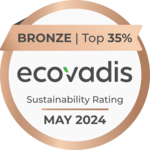
Karl Knauer receives EcoVadis Bronze Medal
Karl Knauer KG has been recognized in the current EcoVadis ranking for its commitment to sustainability. The bronze medal confirms the company's consistent efforts towards environmental and social standards and reflects its strategic goal of combining responsibility with economic success.
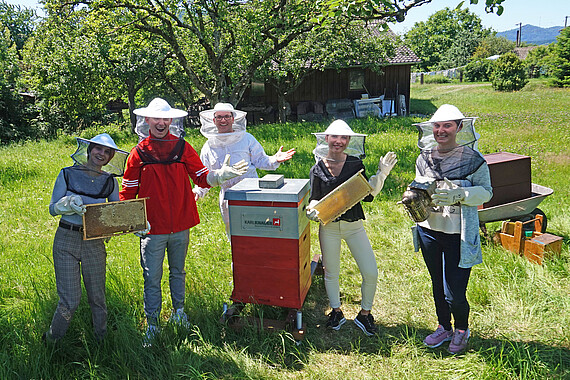
The Karl Knauer bee pasture
In spring 2020, the Karl Knauer trainees laid the foundation stone for another project for the future: With our support, the work area for around 60,000 new Karl Knauer employees in Zell am Harmersbach was set up on a 2,600 m² area: a flower meadow that has since been blooming all summer long with many different varieties and provides a valuable habitat for numerous insects, but above all for the new Karl Knauer bee colony. Equipped with protective clothing, the Karl Knauer trainees set about harvesting the honey under the expert guidance of ‘Bee Martin’. A total of 32 kilograms were extracted and bottled by hand. As you would expect from a packaging expert, a specially designed honeycomb packaging was designed and realised together with the trainees.
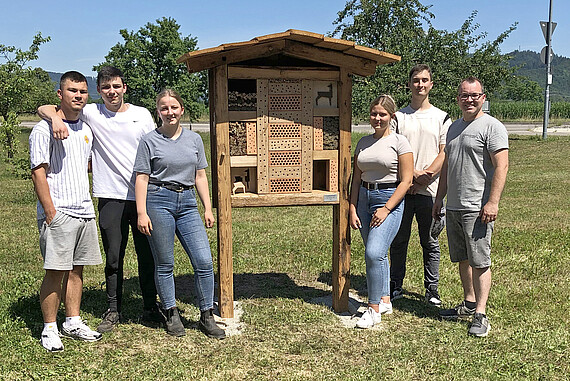
Construction of the insect hotel
Since summer 2022, there has been an insect hotel built by the trainees themselves, which complements the Karl Knauer bee pasture. This lovingly designed hotel provides a home for numerous insects, including bees, butterflies and beetles, and thus actively contributes to the protection of local biodiversity. Our trainees have worked with great care and creativity on this project together with ‘Bienenmartin’ and we are proud that they are making a positive contribution to the environment. The insect hotel is not only a place of shelter, but also a symbol of our commitment to sustainability and environmental protection.
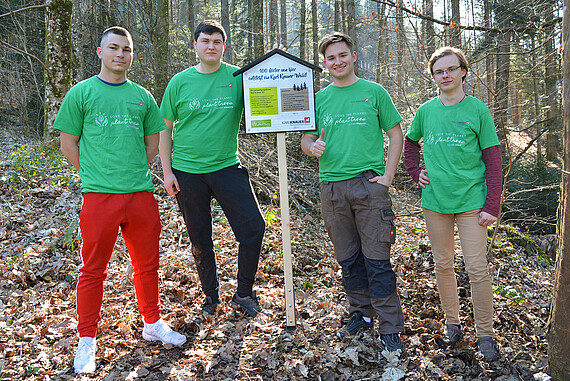
Strong tree trainee project
In cooperation with the Ortenau Landscape Conservation Association, the forest district manager for the Biberach municipal forest Christoph Müller and Forstservice Schnaitter, four trainees from Karl Knauer KG realised the project launched in 2021 at the beginning of March 2022 and reforested a fallow area of around 1,000 m² in Biberach/Baden. A total of 250 sessile oaks and 50 small-leaved lime trees were planted to recultivate a former burnt area. From the preparation of the area to the procurement of planting material and planting through to the installation of special sustainable wooden growth covers to protect the young plants from damage by wild animals, the project gave the trainees an insight into a wide range of topics.
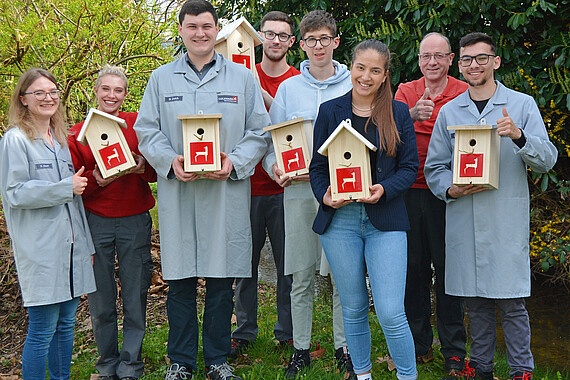
Nest box construction
Our trainees worked with the in-house joinery to produce impressive nesting boxes. This collaboration not only enabled the production of high-quality nesting boxes, but also promoted the exchange of expertise and craftsmanship between the trainees and the carpentry experts. As a result, they created new valuable habitats for various bird species. The resulting nesting boxes are not only a sign of our commitment to nature conservation, but also a practical example of the combination of traditional craftsmanship and environmental awareness. At the 2024 summer party, all employees will have the opportunity to win one of these unique nesting boxes as part of our biodiversity project.
E-cars in use
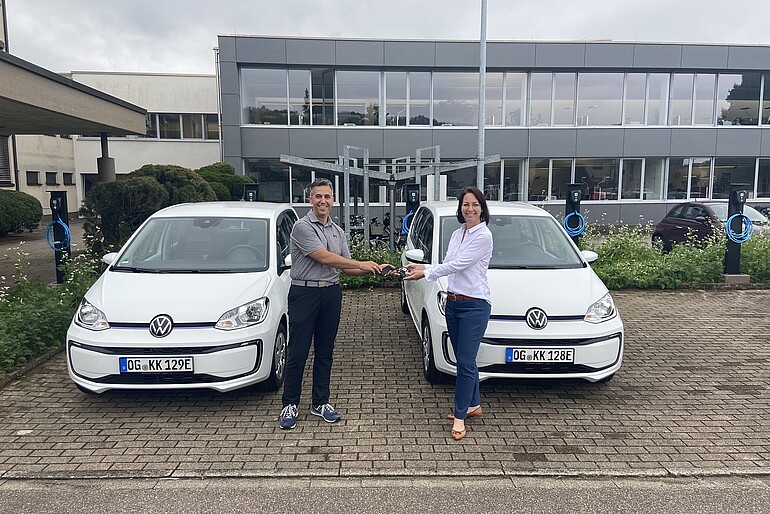
Since 2021, two fully electric VW E-Ups have been part of the Karl Knauer fleet and show where the journey is heading in terms of mobility. Because the proportion of company cars with electric drives will also increase continuously at our company. To ensure that Karl Knauer is prepared for the changeover from combustion engines to electric drives, the company has installed a future-oriented charging infrastructure for eight charging stations, which can be expanded to a total of 16 charging stations, in the company car park. Incidentally, one of the two E-Ups is reserved exclusively for trainees. It is at their free disposal and is used for journeys to school, company matters or also privately over the weekend.

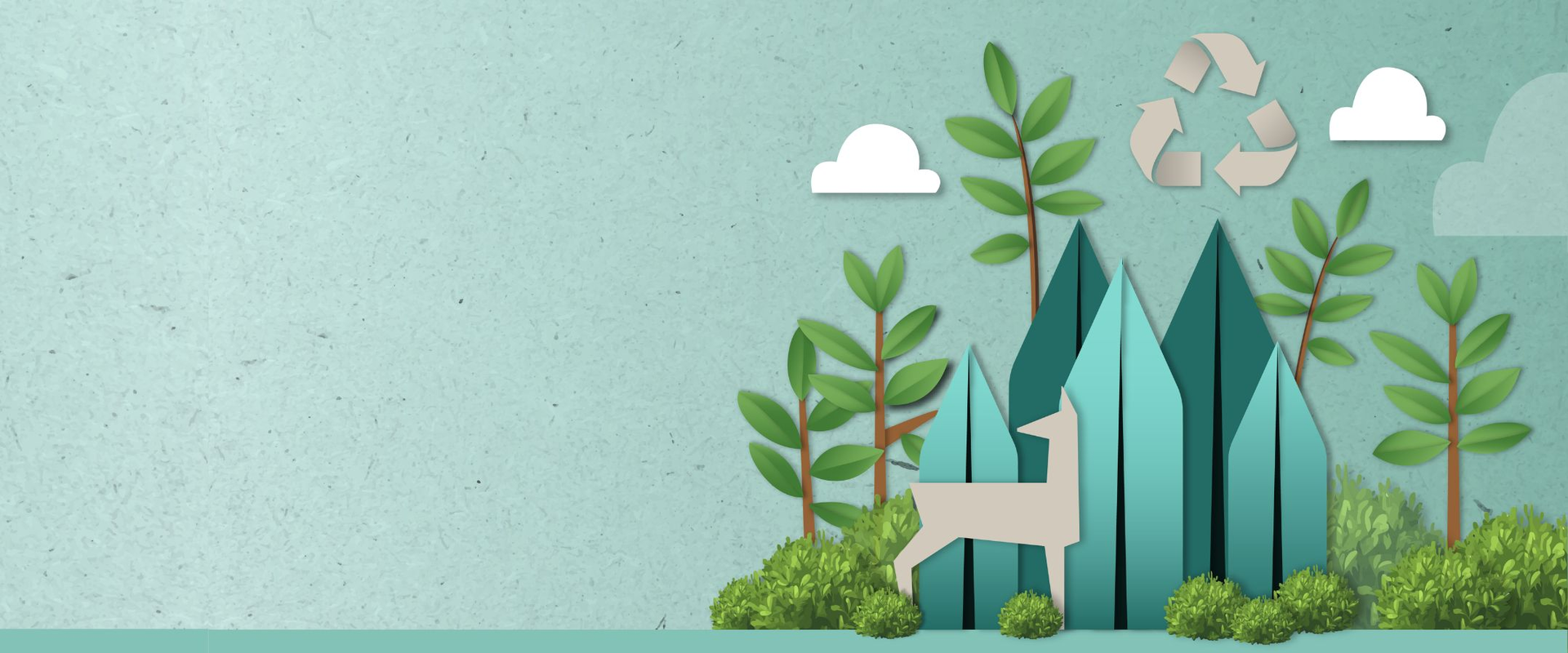
![[Translate to English:]](/fileadmin/_processed_/1/2/csm_IMG_1460_09ffb556a0.jpg)
![[Translate to Englisch:] [Translate to Englisch:]](/fileadmin/_processed_/c/d/csm_shutterstock_1180992286_Erweitert_Copyright_Lukbar_klein_5adaab1a0c.jpg)